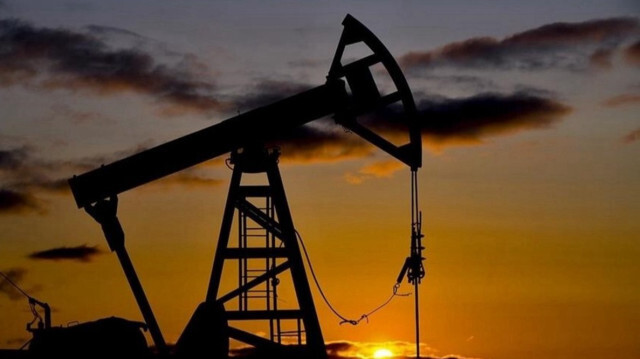
Escalating geopolitical tensions in Middle East continue to put global energy supply routes at risk
Oil prices were mixed as supply fears continued to mount Thursday, driven by tensions in the Middle East and demand uncertainties in the world's largest oil consumers, the US and China.
International benchmark Brent crude traded at $85.22 per barrel as of 10.13 a.m. local time (0713 GMT), a rise of 0.18% from the closing price of $85.07 per barrel in the previous trading session.
American benchmark West Texas Intermediate (WTI) traded at $80.63 per barrel at the same time, a 0.01% drop from the previous session that closed at $80.64 per barrel.
Escalating geopolitical tensions in the Middle East continued to put global energy supply routes at risk.
In recent weeks, cross-border attacks between the Israeli army and Lebanese group Hezbollah have escalated considerably, prompting repeated calls from the US to contain the situation.
Israel's military said Tuesday that it approved plans for an offensive in Lebanon as tensions rise with Hezbollah.
On Wednesday, Hezbollah chief Hasan Nasrallah warned that the possibility of an incursion into the Galilee region in northern Israel remains plausible in the event of a war.
In turn, Israeli Defense Minister Yoav Gallant said late Wednesday that the situation on the northern border with Lebanon would change, either through political settlement or a wide-scale military operation.
Tensions have risen along Lebanon's border with Israel amid the cross-border attacks as Tel Aviv presses ahead with its deadly offensive on the Gaza Strip, which has killed nearly 37,400 people since last October.
However, according to Daniel Hynes, a commodity strategist at the Australia and New Zealand Banking Group, crude oil made gains following data signalling weak demand.
"Demand in China also weighed on sentiment," Hynes said, as diesel output in the country for May fell 6.4%, while gasoline production rose only 2.9% year-on-year.
The rise in the US commercial crude oil reserves also reflected market perceptions of weakening domestic demand.
Data released by the American Petroleum Institute (API) late on Tuesday also showed an increase of 2.26 million barrels in US crude oil reserves.

